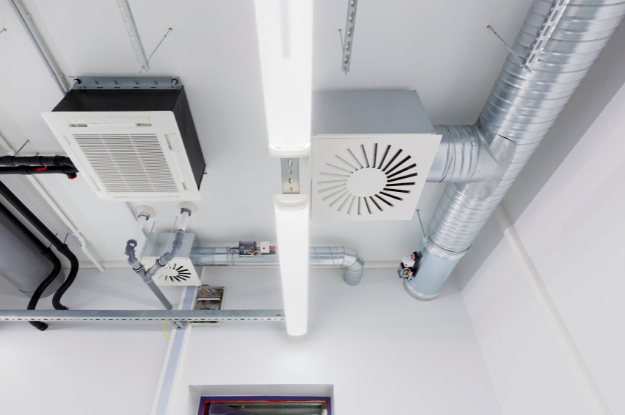As the weather changes from season to season, so does the humidity in your home. While we may not think about it often, humidity can greatly impact how well your HVAC system is running. Humidity isn’t just uncomfortable during those summer months – it can cause your air conditioner and heating system to fail, costing you more money for repairs and energy bills over time. Click here to find out best hvac service in Vancouver WA if your HVAC unit needs maintenance or repair.
So why is humidity such a big deal when it comes to your HVAC performance? Read on to find out.
Comfort Levels
Humidity can have a major impact on your daily comfort level inside your home or place of business. With too little humidity, you’ll feel uncomfortably dry and stuffy, while too much humidity leads to clammy and damp conditions – it’s essential to find an equilibrium. If the humidity isn’t managed properly, your heating and cooling system will struggle to deliver quality air all year round, leaving you feeling uncomfortable and resulting in higher energy costs for climate control.

Decreased Performance
During periods of significantly high humidity, your HVAC system may suffer from decreased overall performance due to the strain added by the water vapor in the air. Poor air circulation caused by higher levels of moisture can reduce the efficiency of your heating and cooling systems, potentially placing greater wear and tear on them and resulting in frequent breakdowns. To ensure optimum performance from your HVAC system, it is vital to understand how humidity affects it and be aware of potential risks that could arise due to rising moisture levels in your area.
Maintenance & Repairs
Humidity can also lead to maintenance and repair issues with your HVAC system. When moisture levels are high, condensation will form on the evaporator coil of your air conditioner, which in turn can cause corrosion and rust. This means that you’ll need to replace parts more often or invest in costly repairs to keep your system running smoothly. High humidity levels can also lead to mold and mildew growth on the air conditioning system, which can cause further damage in the long run. Find out signs when to clean ducts.
Static Electricity
If your home is too dry, static electricity can become a problem. This occurs when there are low humidity levels, as the air becomes less capable of conducting and transferring electrical charge. As a result, you may find yourself being shocked by door handles or electronics more frequently than usual. Keeping the relative humidity between 40-50% is usually enough to reduce static electricity to a manageable level.
Increased Risk of Infection & Allergies
High moisture levels in the air can increase the risk of infection through airborne viruses and bacteria, such as influenza and the common cold, while low humidity can cause respiratory issues due to dryness. For those with allergies or asthma, high humidity can also trigger an allergic reaction, while low humidity can make it difficult to breathe. Understanding the effects of humidity on your home’s HVAC performance is key to maintaining a healthy and comfortable environment for everyone in your household.
Damage to Wood Furniture & Flooring
Wood furniture and flooring can be damaged due to fluctuations in humidity. When the air is too dry, wood will shrink, causing cracking and splintering. On the other hand, too much moisture in the air can cause wood to swell and warp. Both of these scenarios can leave you with costly repairs or replacements, so it’s important to maintain a comfortable humidity level inside your home.
Pest Infestations
A humid atmosphere promotes the growth of pests, who love warm and moist conditions, while low humidity often creates hospitable conditions for crawling and flying pests. For businesses utilizing HVAC systems to regulate air quality in their establishment, ensuring that the humidity level is always within an acceptable range can lead to improved performance and a reduction in unwanted pests. Knowledge about this particular effect of humidity will help you maintain a better-regulated air quality system that keeps your business up and running properly and efficiently.
Window Condensation
High humidity can also increase the risk of window condensation, which leads to fogging and water droplets on windows. This affects your home’s aesthetic appeal and creates a breeding ground for mold, mildew, and other allergens that may risk your family’s health. To prevent this from happening, keep your windows clean and open them periodically to lower the humidity level in your home.
Humidity can have a huge impact on the performance of your HVAC system as well as people’s daily comfort level. By understanding how high and low moisture levels can affect your home, you can take proactive steps to ensure your air quality and overall climate control remain optimal.




